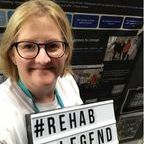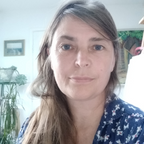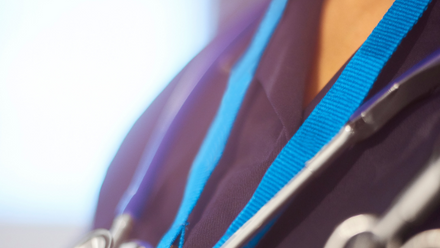Overview
Delirium is a common experience in intensive care patients, and yet it is still under recognised, and often misunderstood. This study day aims to bring together former intensive care patients and experts in the field to help elucidate ICU delirium, and offer insights into the latest research and practical ideas for early intervention, management and minimisation of harm.
This virtual study day will also support World Delirium Awareness Day | #WDAD2024.
Topics will cover:
- What is delirium and what do ICU patients need?
- Ten top tips from ICU psychology to manage delirium
- Is my patient's agitation and/or delirium iatrogenic withdrawal?
- Patient experience
- Managing the impacts of delirium post ICU
Learning outcomes
- To confidently demonstrate a broad understanding of delirium, what it looks like and the factors that contribute to this condition
- To communicate ideas and practical tips on how to prevent, manage and reduce delirium within ICU
- To critically consider the impacts of delirium post ICU, and the research into psychological interventions
 Programme
Programme
9:15am - Zoom open
9:20am - Welcome and introductions
9:30am - Setting the Scene: what is delirium and its impact on the brain
10:00am - Is my patient's agitation and/or delirium iatrogenic withdrawal?
10:30am - Break (15 mins)
10:45am - Disentangling delirium - practical management of ICU delirium in hospital
11:15am - Mobilisation for better patient outcomes
11:45am - Q&A
12:15am - Lunch (45 mins)
1:00pm - Patient story - My Journey & the compassion of the staff
1:20pm - ICU Diaries and ICU Steps- the evidence and where are we now
1:40pm - Managing the impacts of delirium post ICU- current research & future directions
2:00pm - Diagnosis and screening for delirium
2:20pm - Ten top Tips from ICU Psychology to manage delirium during ICU and at follow up
2:35pm - Break (15 mins)
2:45pm - The Delirium Revolution: our lynchpin to finding the person in the patient
3:15pm - Understanding delirium through visual storytelling
3:35pm - Q&A
3:55pm - Closing remarks
4:00pm - Close
 Group bookings
Group bookings
Group bookings can be made for multiple delegates and paid by credit card via the event booking page.
We are also able to invoice for group bookings of 10 or more delegates, or where the total value is over £1,000. Group bookings can only be made up to 6 weeks in advance of an event and must be paid in full prior to the event date to avoid tickets being cancelled.
To book a group via invoice, please download the form below, complete and return to [email protected].
 Contact us
Contact us
If you have any questions about the event or need any further assitance, please do contact us via:
Telephone: (+44) 0207 280 4350
Email:



























